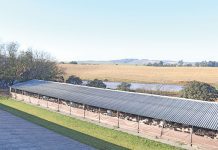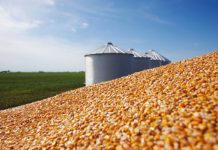Provisional taxation is aimed at the entrepreneur who earns income over and above a salary. A farmer will almost always be a provisional taxpayer. According to the South African Revenue Service (SARS), a provisional tax payer is someone who receives income such as rent from a property, interest from investments, or “other income from the carrying on of any trade” – such as selling fresh produce.
If you receive this type of income, says SARS, “you will always be a provisional taxpayer, even if you also earn a salary.” Unlike PAYE, which is deducted from your income monthly, provisional tax is paid two or three times a year (the third payment is optional). This means that halfway through the year, you must estimate what your total taxable income will be for the whole year – less deductible expenses – and pay an instalment of this to SARS. This helps your cash flow because it prevents a sudden, large deduction at the end of the tax year. It also means that SARS gets hold of your money sooner!
First payment
The tax year runs from 1 March to 28 February (29 February in a leap year such as 2012). The first provisional tax payment will therefore have to be made by 31 August – six months into the tax year. Previously, provisional taxation was calculated according to the previous year’s income. This has changed to an estimate of the current year’s income.
SARS does not expect you to know exactly what your income will be and allows for some variation. To avoid penalties, however, your estimate of taxable income should be 90% or more of the actual taxable income at the end of the tax year if your taxable income is less than R1 million, and 80% if your taxable income is more than R1 million. It’s best to get professional assistance when calculating these figures. An accountant, tax expert or an advisor at an SARS office can help you.
Second payment
The second payment is due at the end of the tax year. Estimate what your taxation is by subtracting your tax-deductible expenses from your income. At this point you could make a third payment towards your bill, which has to be paid by September (seven months after the end of the tax year). As mentioned, this third payment is not compulsory.
Contact Susan Pletts on [email protected]. Please state ‘Emerge finance’ in the subject line.













